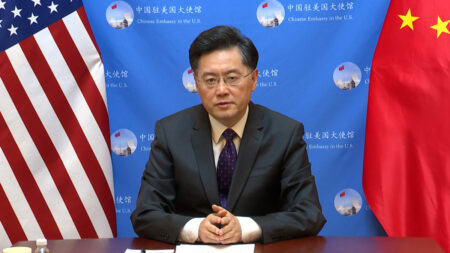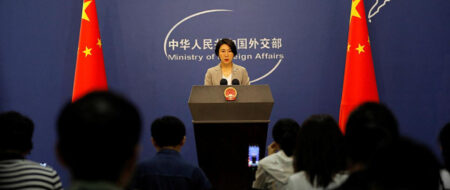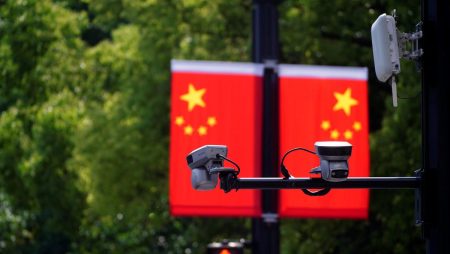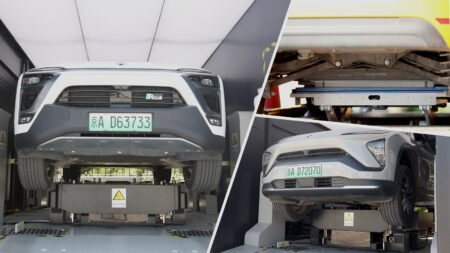Beijing has opened a $120 billion credit line for infrastructure projects as Beijing attempts to revive its flagging economy, which its zero-Covid policies have hammered.
The Communist leadership has stuck to a strategy of quashing viral clusters with mass testing and lockdowns, forcing enterprises to halt production and clogging supply networks. Growth has slowed considerably in recent months.
Premier Li Keqiang called for “acceptable” growth in the second quarter last week, as concerns rise over the official annual growth target of 5.5 percent.
Pump-pumping hard-hit areas with infrastructure plans have emerged as a crucial instrument for creating jobs and driving growth in local economies that have been paralyzed by the virus and a corresponding drop in land payments.
Beijing – Massive New Infrastructure Budget.
A State Council meeting led by Li on Wednesday approved a massive new infrastructure budget.
“It is vital to raise policy banks’ loan lines by 800 billion yuan ($120 billion),” official television CCTV.
Experts believe the news will aid regional governments in matching Beijing’s bold claims on growth assistance.
In research released on Thursday, ANZ Research’s Betty Wang and Zhaopeng Xing stated, “It will give long-term support to numerous infrastructure projects.”
As a result, “enterprise operations along the supply chain will be driven.”
According to Nomura analysts, the sum is “almost half of the 1.65 trillion yuan in new policy bank financing in 2021.”
According to the paper, the amount represented nearly a quarter of new medium to long-term infrastructure loans in 2021.
According to Nomura analysts, Beijing has a six trillion-yuan financial imbalance, owing in part to a drop in land sales, a significant source of money, and the Omicron wave.
The country’s newest viral outbreak was the deadliest since the beginning of the pandemic, and it forced the closure of Shanghai, the country’s central commercial hub, for two months.
While the city has now lifted restrictions as the number of cases has decreased, the recovery will be delayed since companies are concerned about potential flare-ups and a significant backlog of products at the port.
Read also: China’s technology exports to Russia are hampered by US sanctions
Read also: China gives up to $15000 to people who report national security breaches













